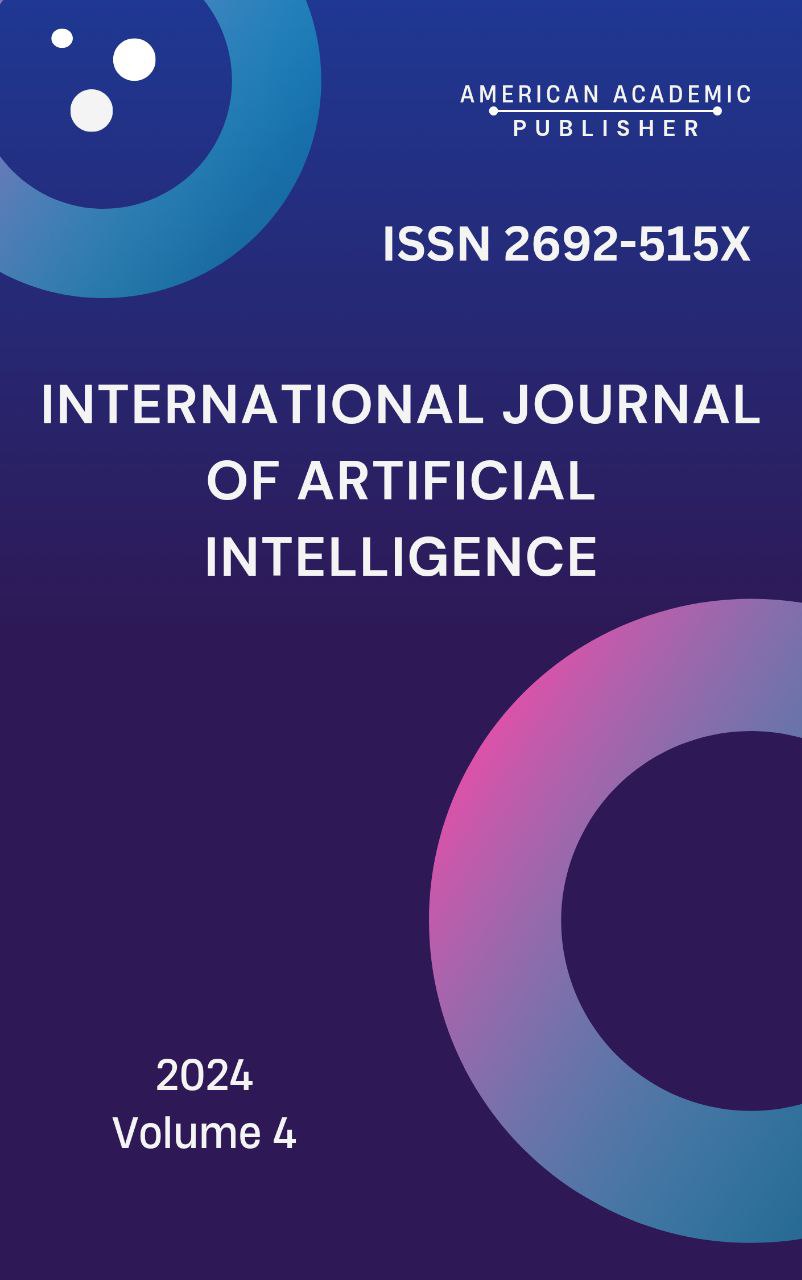 Articles
| Open Access |
Articles
| Open Access | EFFECTIVE USE OF INDIVIDUAL INCOME TAX MECHANISMS IN REDUCING POVERTY IN UZBEKISTAN (IN CASE OF CHINA)
Khaydarov Alisher Akram ugli , University of economics and pedagogyAbstract
This article examines the role of individual income tax mechanisms in reducing poverty, focusing on the People’s Republic of China (PRC) and its potential applicability in Uzbekistan. China’s progressive tax reforms have had a significant impact on poverty alleviation, particularly in rural areas, where the country's development trajectory was historically hindered. Using a comparative analysis, the article evaluates how Uzbekistan can adapt similar tax strategies to improve income redistribution and reduce inequality. The study reveals that while Uzbekistan’s current tax system shows some potential, a more progressive tax structure, accompanied by targeted deductions and exemptions, could enhance poverty reduction efforts. This article also outlines the challenges Uzbekistan faces in implementing these changes, considering its socio-economic context and fiscal policies.
Keywords
Income tax, poverty reduction, fiscal policy, Uzbekistan, China, progressive taxation, income inequality.
References
Mirziyoyev, Sh. (2022). Address by the President of the Republic of Uzbekistan Shavkat Mirziyoyev to the Oliy Majlis and the People of Uzbekistan.
Abdullayev, T. (2021). Fiscal policy and economic growth in Uzbekistan: Recent trends and future directions. Central Asian economic review, 5(2), 95-110.
Qodirov, A. (2022). Tax reforms in Uzbekistan: An analysis of recent changes and their socio-economic impact. Uzbek journal of economic reforms, 8(2), 52-68.
Kuznetsova, N., & Zhu, L. (2018). The comparative effectiveness of poverty alleviation strategies in transition economies: Lessons from China and Central Asia. Journal of comparative economics, 46(3), 765-789.
Huseynov, R., & Xia, L. (2020). Comparative study of tax systems in Central Asia. Journal of Taxation in emerging economies.
Wang, Z., & Chen, X. (2020). China’s tax reforms and poverty reduction: A review and future directions. Asia-pacific development journal, 27(1), 45-65.
Piketty, T. (2014). Capital in the twenty-first century. Cambridge, MA: Harvard University Press.
Yang, S., & Luo, X. (2018). Evaluating the impact of income taxation on poverty alleviation in developing economies. International review of economics and finance,
, 329-345.
World Bank. (2023). China’s economic growth and poverty reduction: A case study of fiscal reforms. Washington, DC: World Bank Group.
State Committee on Statistics, Uzbekistan. (2023). Poverty statistics report: National indicators 2023. Tashkent: State Committee on Statistics.
Ministry of Finance, Uzbekistan. (2023). Annual taxation and social spending report. Tashkent: Government of Uzbekistan Publishing.
Ministry of Finance, Uzbekistan. (2022). Fiscal policy and economic growth report. Tashkent: Ministry of Finance of Uzbekistan.
United Nations Development Programme (UNDP). (2022). Uzbekistan poverty profile 2022-2023. New York: UNDP.
Xaydarov, A., & Azimov, A. (2024). O‘ZBEKISTON RESPUBLIKASIDA MAHALLALARNI IJTIMOIY-IQTISODIY RIVOJLANTIRISHDA SOLIQ SIYOSATIDAN SAMARALI FOYDALANISH. Iqtisodiy taraqqiyot va tahlil, 2(10), 268–274. https://doi.org/10.60078/2992-877X-2024-vol2-iss10-pp268-274
Article Statistics
Downloads
Copyright License

This work is licensed under a Creative Commons Attribution 4.0 International License.
